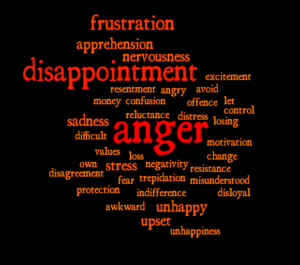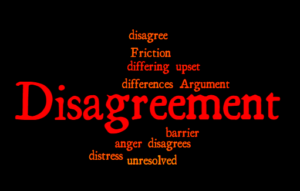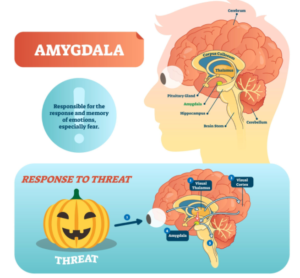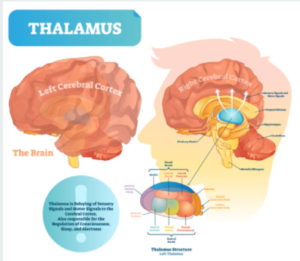In a previous blog I examined why we are so poor at executing sales plan which covered, what I would call, the operational part of execution. But other factors cause poor sales plan execution. One that we encounter a lot in our coaching is conflict. This tends to occur when the plan isn’t going to plan, and inevitably requires honest, and sometimes tough, conversations with the wider team. This could be the client, the manager or even other members of the sales team. Unsurprisingly most people tend to shy away from or handle these conversations poorly.
To illustrate how damaging conflict can be, I recently asked over a hundred of my community two simple questions in the context of sales plan execution:
- What emotions do you associate with conflict?

- What is your definition of conflict?

As the word clouds demonstrate, the language used to answer both questions is overwhelmingly negative. I’ve tried to illustrate this with my choice of colours, where red represents the most repeated word through to amber for the least repeated word. The colours choice is relevant for another reason – the respondents were also quite emotive when answering the questions, so much so, that it got me thinking. Firstly, about what actually happens to the brain when we are faced with a conflict and secondly what are the longer term consequences of conflict on your wider sales performance.
When we experience conflict, we all have some kind of physical signs that we are experiencing stress. This could be a red face, sweaty palms, a nauseous stomach, or even clenched teeth. If you aren’t sure what your physical signs are, pay close attention the next time you find yourself in the middle of a conflict. These are the physical symptoms of conflict. But what is going on in our brains?

When you first experience conflict[1], your limbic system (this system includes our amygdala which plays an important part in regulating emotions and behaviours and is typically talked about as the place where our “Fight, Flight, or Freeze” responses live) scans the environment for threats or rewards. Depending on the intensity of conflict you are having, you could experience an Amygdala Hijacking where you can no longer access the prefrontal cortex, this is the part of the brain that regulates empathy, decision making, problem solving, and much more. You can often see people experience an amygdala hijacking, some people lash out (fight), some people run away (flight), and some people sink into themselves (freeze). All common responses in a conflict situation.

Next, the thalamus, your brains perception centre, starts to work on interpreting the stimuli created by the conflict. This is where our assumptions come from and enable the brain to create a story or a narrative of the entire conflict from beginning, middle, to end (even if we don’t have all the information necessary for the complete story).
But it doesn’t just stop there – stress activates the hypothalamic-pituitary-adrenal (HAP) axis to release cortisol which if left unchecked can become chronic and impair your attention, memory and self-control.
The ramifications of this are huge, not just within the immediate context of poor plan execution but wider areas of a salesperson’s performance. It’s not as if you can silo these negative emotions and their physical effects. They will seep out and begin to affect self-confidence and self-esteem.
To combat this, we’ve flipped the whole concept of conflict on its head – instead of viewing conflict with dread and/or avoidance, we encourage salespeople to master conflict. The results can be transformative, both with:
- your clients and team – handled well, a conflict can cement a relationship.
- yourself personally – mastering conflict as an opportunity for growth can help you manage negative emotions and combat low self-esteem.
Over the next few weeks, I’m going to provide you with our top tips for mastering conflict using the GROW model. At its heart the approach provides you with a process that engages your prefrontal cortex early in the conflict and prevents the amygdala from hijacking it. With practice you can start to anticipate conflict early thereby avoiding the damaging effects of all that cortisol flooding your system, not to mention protecting both your self-esteem and confidence.
For this week, I’ll leave you with a question, ‘what emotions do you associate with conflict?’
Concerned about the impact that conflict is having on the mental fitness of your sales team? Contact me at info@thefusebox.com to explore a complimentary assessment and see how your organisation measures on the Sales Wellbeing Index.
[1] Source – https://boisestate.pressbooks.pub/makingconflictsuckless/chapter/your-brain-on-conflict/


